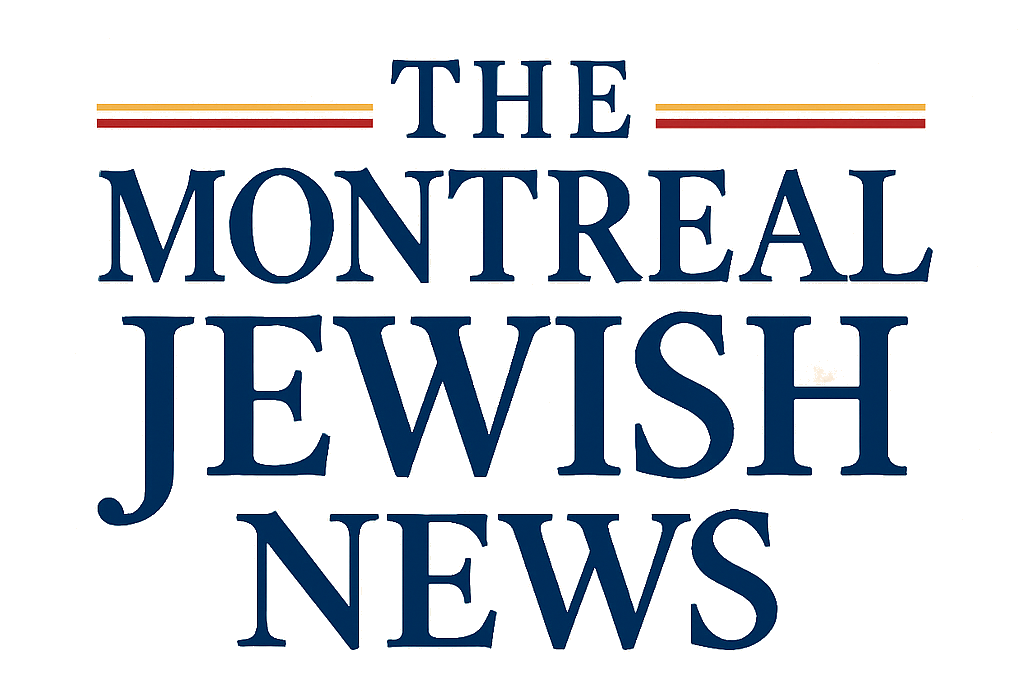The timing was not accidental. Student groups aligned with the Palestinian cause had announced strikes and rallies for the week of October 7, the anniversary of the Hamas attack on Israel. Posters, banners, and messages condemning Israel have been common on campus for months, but this time a different voice answered back. The new poster calls on students to “boycott hatred and restore peace back to the streets of Montreal,” describing the event as a stand for education and civic peace, not extremism.
For many students who have watched Concordia become a battleground of competing ideologies, the message struck a chord. “It feels like someone finally said what we’ve all been thinking,” said one Jewish student who asked not to be named. “We want to learn in peace. We don’t want our campus turned into another front in someone else’s war.”
Concordia has long been known for political activism around the Middle East. Over the years, Jewish students have often found themselves isolated or hesitant to speak openly about Israel, fearing backlash in classrooms or student spaces. Recent protests, encampments, and strikes in solidarity with Gaza have deepened that divide, creating what some describe as an atmosphere of constant tension.
The poster’s message, firmly rooted in Quebec identity, reframes the conversation. It reminds students that their primary allegiance is to their shared civic space, not to imported conflicts. It is a declaration that classrooms belong to education, not agitation.
University officials have confirmed that protests are permitted within policy boundaries, provided they do not block access or endorse violence. That rule, however, has not always been respected. Last year, police were called to campus after Jewish students were surrounded and harassed during a display about Israeli hostages. The administration condemned the incident but stopped short of disciplinary measures, leading many to question the university’s willingness to protect all its students equally.
This week’s counter-campaign feels different. Rather than waiting for officials to act, students have taken it upon themselves to restore a sense of balance. Their message is not one of provocation but of refusal, a refusal to let intimidation rule academic life.
The October 7 anniversary remains a painful date, but it has also become a rallying point for those who believe that open expression must go both ways. Many hope the poster marks the start of a new chapter at Concordia, one in which Jewish and pro-Israel students can speak without fear, and campuses across Montreal remember that freedom of thought includes the right to disagree.
Whether this movement grows or fades, its appearance signals a turning point. After months of silence and uncertainty, students have found their voice again and for once, the message is clear: this is Quebec, this is Canada, and the fight for fairness begins here.


As always so articulately written